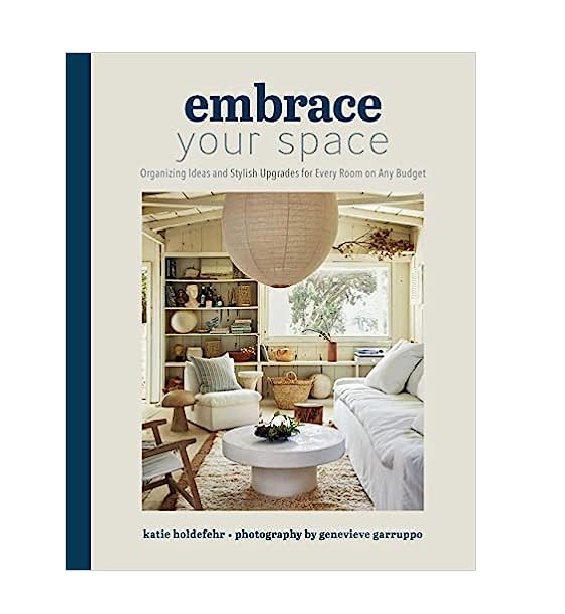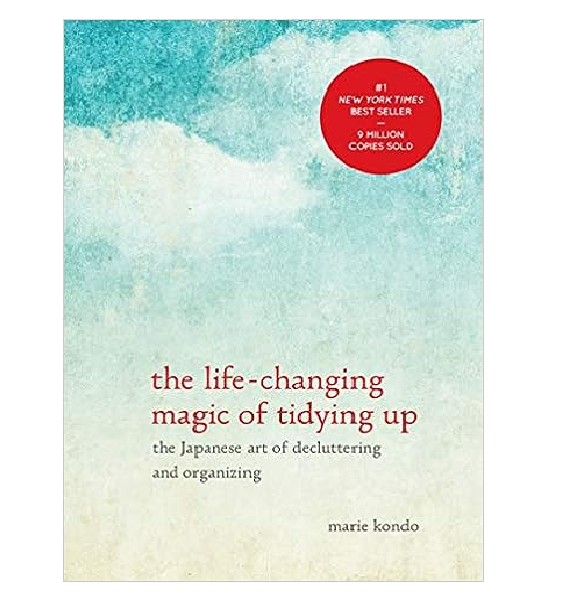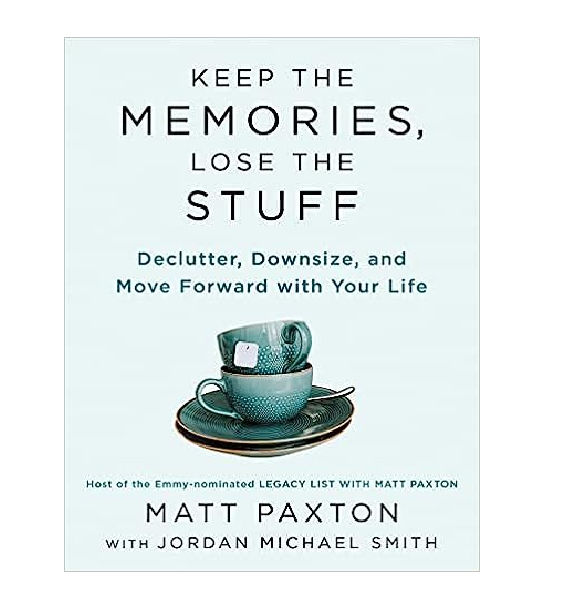5 reasons your home attracts clutter, and how to stop it happening, according to professional declutterers
Nip bad habits in the bud with these simple solutions from organizing pros
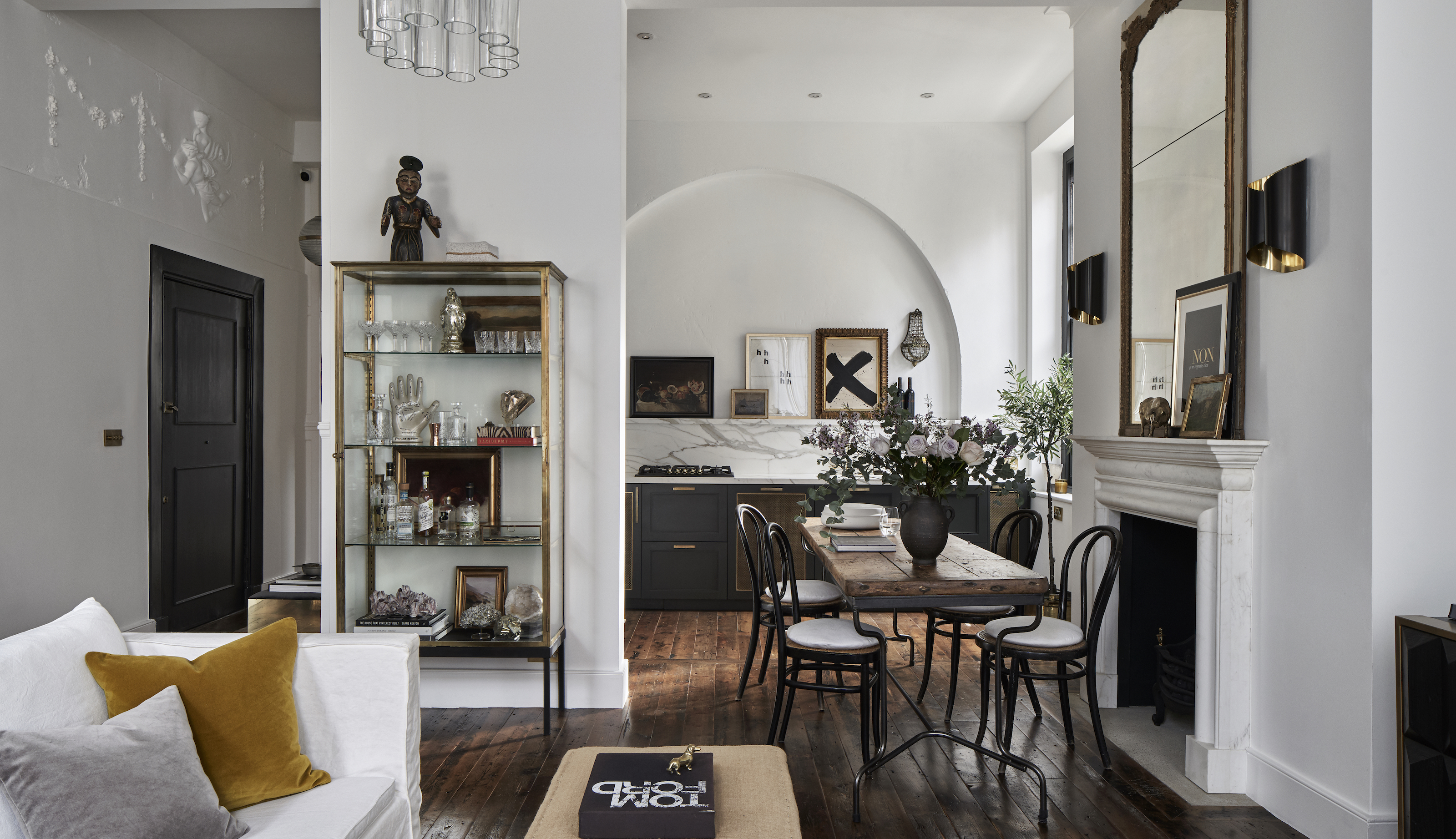
The Livingetc newsletters are your inside source for what’s shaping interiors now - and what’s next. Discover trend forecasts, smart style ideas, and curated shopping inspiration that brings design to life. Subscribe today and stay ahead of the curve.
You are now subscribed
Your newsletter sign-up was successful
Whatever your interiors style–whether maximalist or minimalist–an organized, clutter-free home looks–and feels–good. Yet, this is not always the reality.
Most of us are guilty of accumulating clutter. Sifting through it and looking for things is stressful. It makes us late, wastes time and money and causes more work than is necessary when it comes to how to declutter your home.
A regular clear-out helps a home feel calm but even that is time-consuming. So what if you could prevent clutter from building up in the first place? Here are 5 reasons your home attracts clutter–and how to stop it happening, according to experts.
'I used to come home to a chronically cluttered house, which was exhausting to tidy or clean,' says Tara Button, founder of BuyMeOnce. 'I started to make changes in my own life and uncovered the surprising practical and emotional benefits that come with choosing to bring only those objects into your life that reflect your values and will be with you for decades to come.'
1. Avoid impulse shopping
Shopping addiction is a thing. The temporary hit we feel from buying something new is real–but it's fleeting. Once the new thing is unwrapped and out of its plush bag, it quickly loses its allure and soon blends into the pile of 'stuff' we already own.
Before you know it your cupboards are bulging, drawers are overflowing and your bank balance is depleted. Mindless consumption–or impulse shopping leads to clutter. But how can we consume consciously?
'Marketeers and retailers love impulse shoppers because they're easy to manipulate, are swayed by trends and promotions and fear missing out, so they spend more,' says Tara Button, author of A Life Less Throwaway, available on Amazon.
The Livingetc newsletters are your inside source for what’s shaping interiors now - and what’s next. Discover trend forecasts, smart style ideas, and curated shopping inspiration that brings design to life. Subscribe today and stay ahead of the curve.
'We need to come up with strategies to prevent ourselves impulse buying. First, identify, the times and places where you get tempted. Go through your bank statements and see where you're spending your money. Pay particular attention if any of the entries give you a twinge of regret or guilt.'
'Ask yourself whether you can avoid the tempting area completely. It may not be the shopping you're addicted to, but the beauty of the store or the sense of going somewhere. Feed these needs in more positive ways, like going to a gallery or arranging to meet friends at times you might usually shop.'
2. Identify your true taste
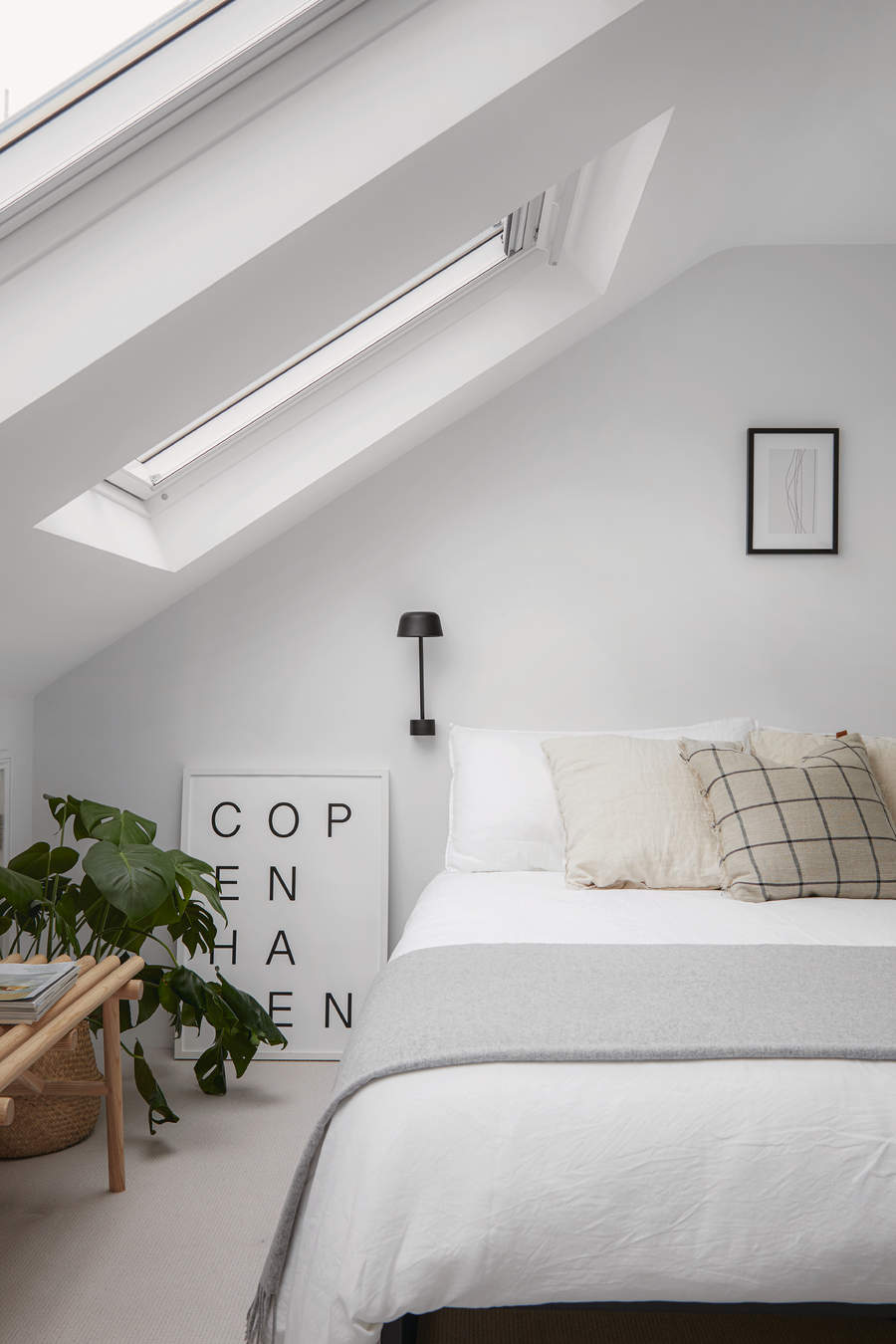
We're often tempted by novelty and 'newness'; and easily seduced by 'the latest thing'. However, if you are aware of what you truly like, you're less likely to be suckered into the next fad.
It's far easier to swerve temporary interior design trends like flamingo bed linen or pineapple plates for something more classic, when you're sure of your style. This prevents having to find a home for it, when it looks decidedly dated a year later. Unless you're an avian aficionado or fruit fanatic of course, in which case enjoy your purchase as long as you possibly can.
'Make sure any statement piece you choose, is saying something about you, not about current trends,' says Tara. 'Avoid strongly theming a room, for example 'Moroccan', unless you believe it is going to be a life-long passion.
'If money is tight, don't shirk from saving up for the pieces you really want. My room was bare for four months, but it was worth it to save up for my dream bed.'
3. Buy less, buy better
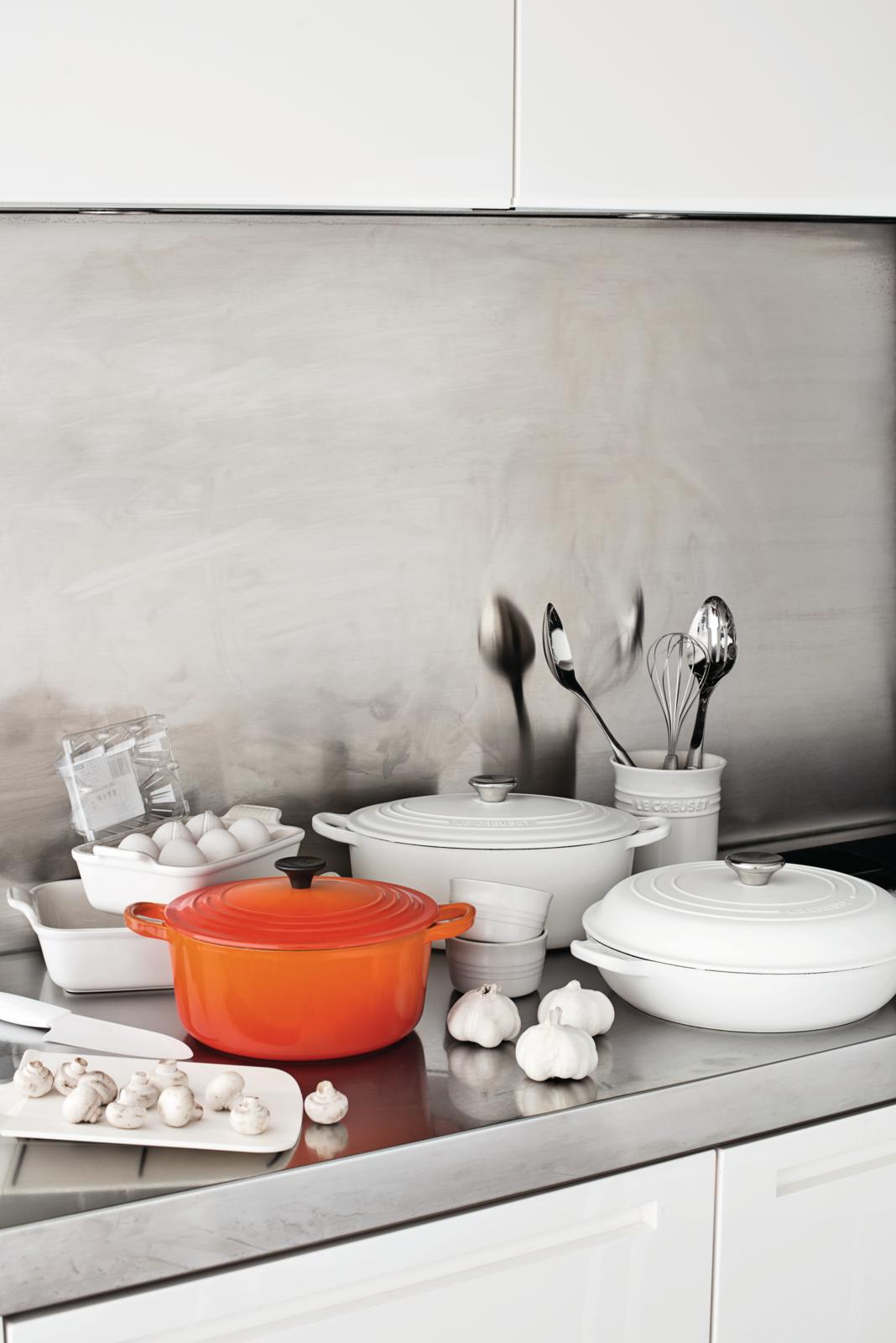
Tara's turning point from shopaholic to mindful shopper was being gifted a good quality Le Creuset casserole pot on her 30th birthday.
'When I held it, it just felt like an heirloom,' says Tara. 'I reflected that owning it meant I potentially never had to buy another pot again. I thought "If only everything in my life was like this".
Tara then set out to find more objects she'd never have to replace–and curated the BuyMeOnce website, so others could too. 'When you've bought quality for the long term and in accordance with your values, your home will naturally become more of a haven and less a source of stress,' she says.
'A mindful shopper is savvy enough to see past the manipulations of the retail world and make purchases on their own terms.
'Shopping this way may jar at first, but a small amount of effort now will lead to big rewards in the future: less debt, less buyer regret, less clutter and less stress.'
4. Ensure adequate, organized storage
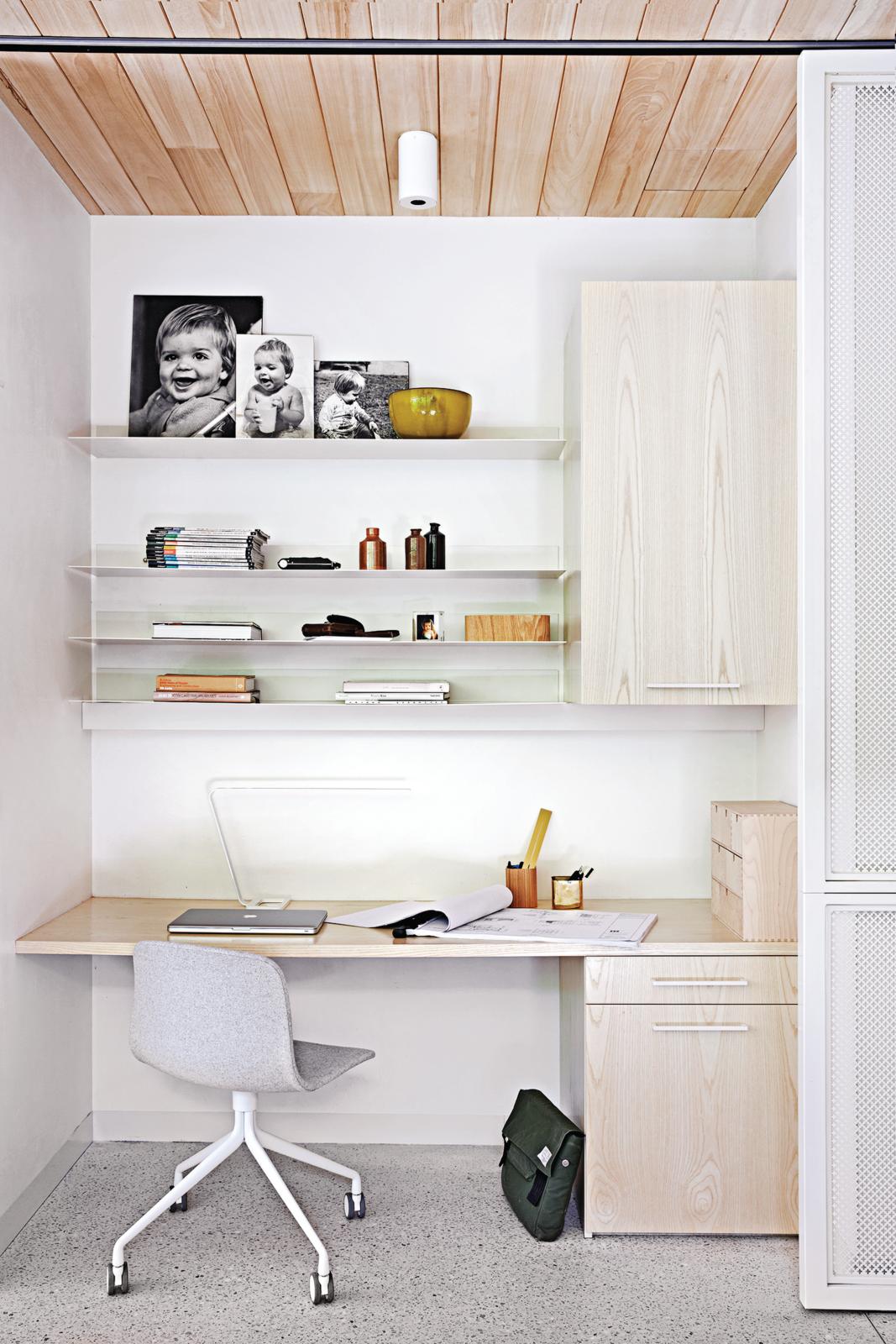
Another reason our homes attract clutter is too little–or even too much–storage space. An extra bedroom can soon turn into a "storage room" if we're not careful.
'Having extra space in our homes often makes us less discerning about what we bring into them because we think, “oh, we have space”,' says professional organizer, Amanda Wiss, founder, Urban Clarity.
'To stop this mindset, set an intention for your room and stick to it. If it’s the home office, make it your dream office. If it’s a guest bedroom, act as though you’ve got a guest coming tonight.
'Also scrutinize your half-empty storage baskets. Often, what starts as an attempt to contain the clutter turns into an opportunity to obtain more. This goes for drawers as well. As soon as they turn into catch-all or multi-use drawers, we start attracting clutter.
'If you have small piles forming everywhere, or junk floating in your drawers, implementing containers to hold your stuff can help keep clutter to a minimum. Use a “if it fits, it ships,” mindset to determine what stays. Whatever doesn’t fit has to go.
'Frequent decluttering can be a way to remind yourself how much more efficiently your space works without more in it. This can help you think twice before buying something “just because”.'
5. Rethink gifting
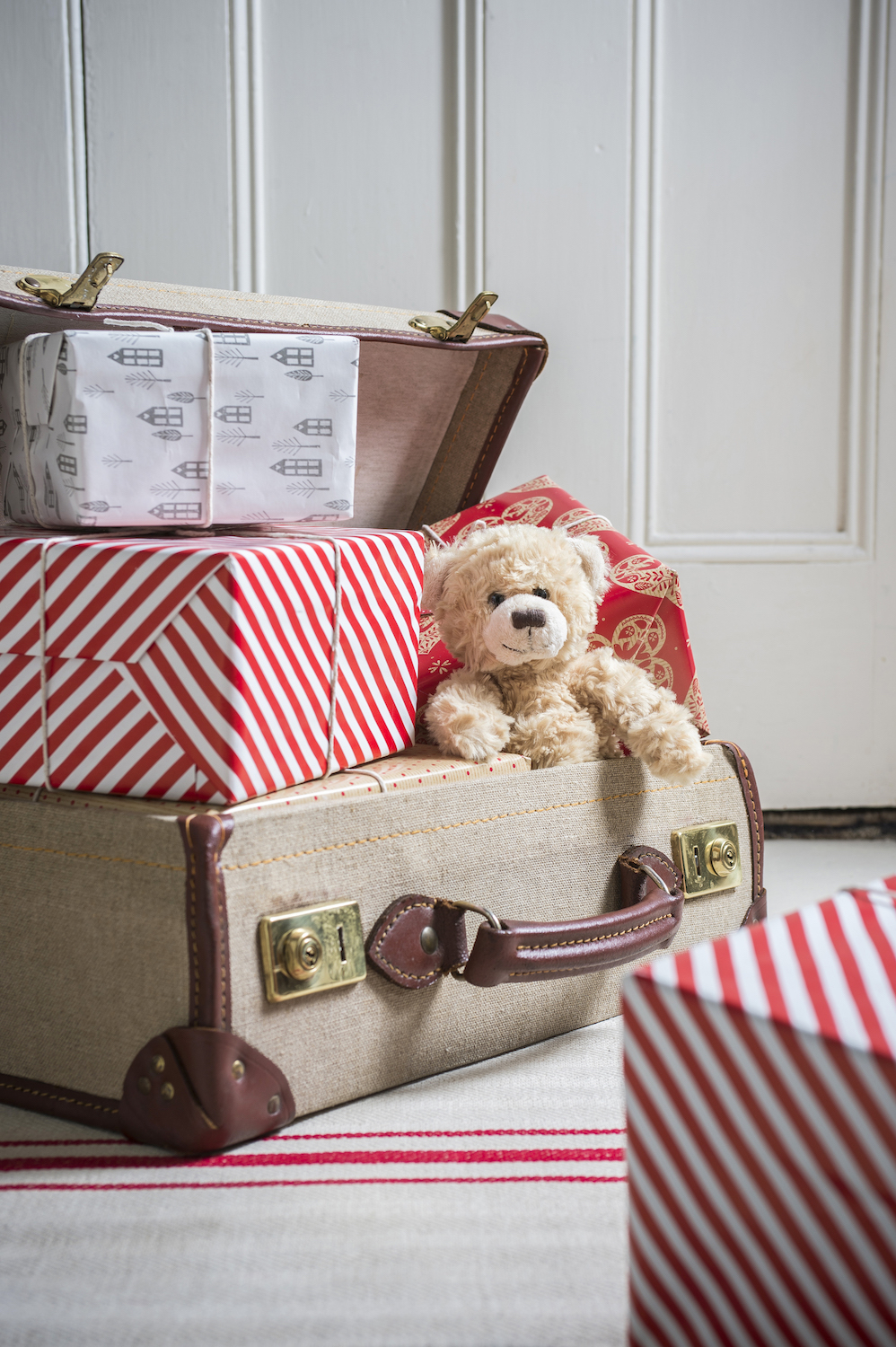
Buying gifts for people is joyful, or it can be. Sometimes, the reality is more stressful. What to buy family or friends who already have so much stuff?
Sadly, the annual exodus to the thrift stores after the holidays to offload novelty ties, ornaments and other unwanted gifts is as much of a ritual as Santa's arrival. Even worse, some of it is just trashed, along with the mountain of wrapping paper and ribbons.
'Generally, people would rather receive one good gift than a pile of bad ones,' says Tara. 'Asking family to club together can reduce the overall number of presents. Or asking them for a special day together rather than a physical object can be very rewarding.
'To maximize giving and receiving presents you and others will love and use, you could suggest wish lists. If this works for you, it can solve a lot of issues.
'Alternatively, involve your family in living a life less throwaway and explain that you now only want to bring things into your life that will remain there to be treasured.
'Don't get into the habit of bringing gifts back from holidays or business trips either. Or if you must, buy something that's drinkable or edible. Bringing back memorabilia for people who weren't on the trip isn't always appreciated as much as we might hope.'
Jacky Parker is a freelance lifestyle journalist and writer, producing a wide range of features for magazines and digital platforms. She has written for Livingetc and its sister titles, Homes & Gardens and Country Homes & Interiors for more than 15 years, both as a freelance contributor and as Acting Digital Editor and Acting Style Content Editor, regularly reporting on the latest interiors, gardens and wellness inspiration, speaking to experts in their respective fields, and discovering the best tips.
Jacky has also written for other publications, including Sunday Times Style, The Telegraph, Architectural Digest, House Beautiful, ELLE Decoration, Red, Grand Designs and more.
